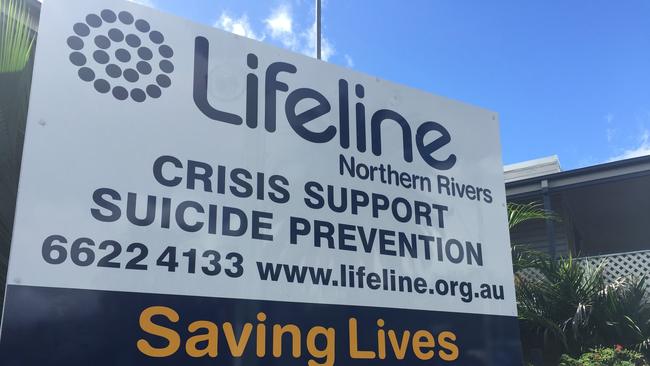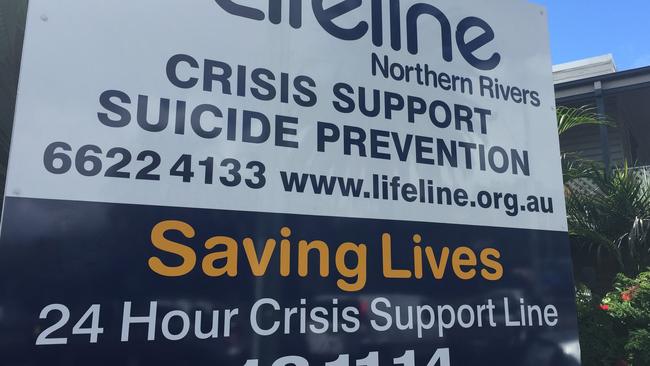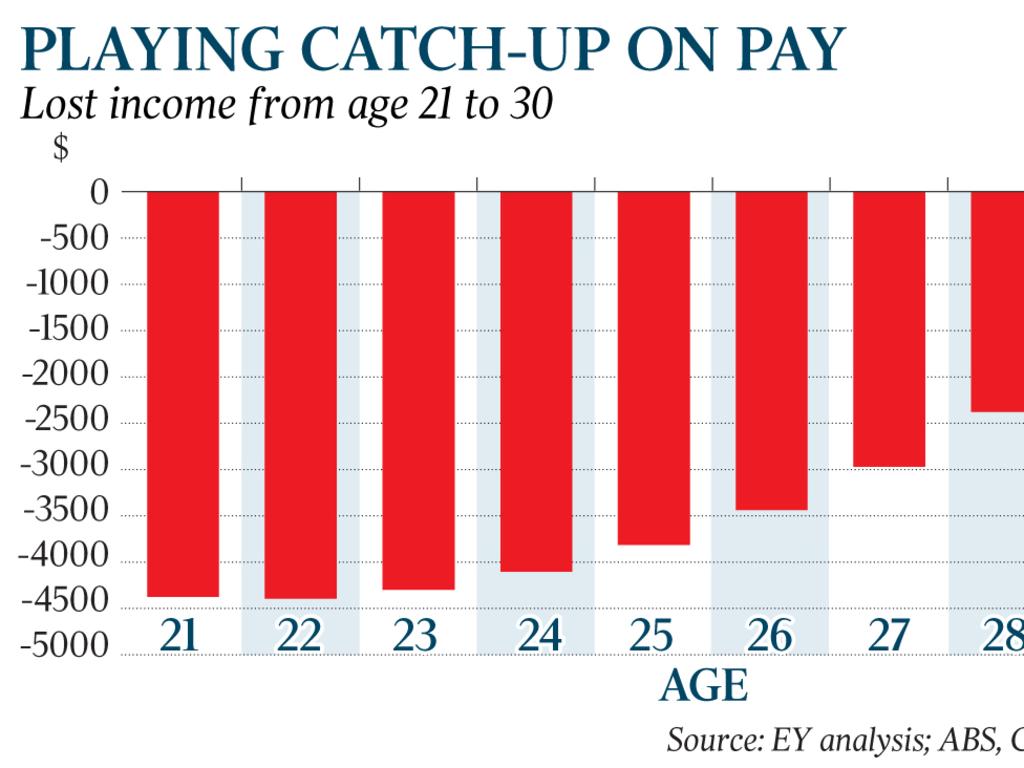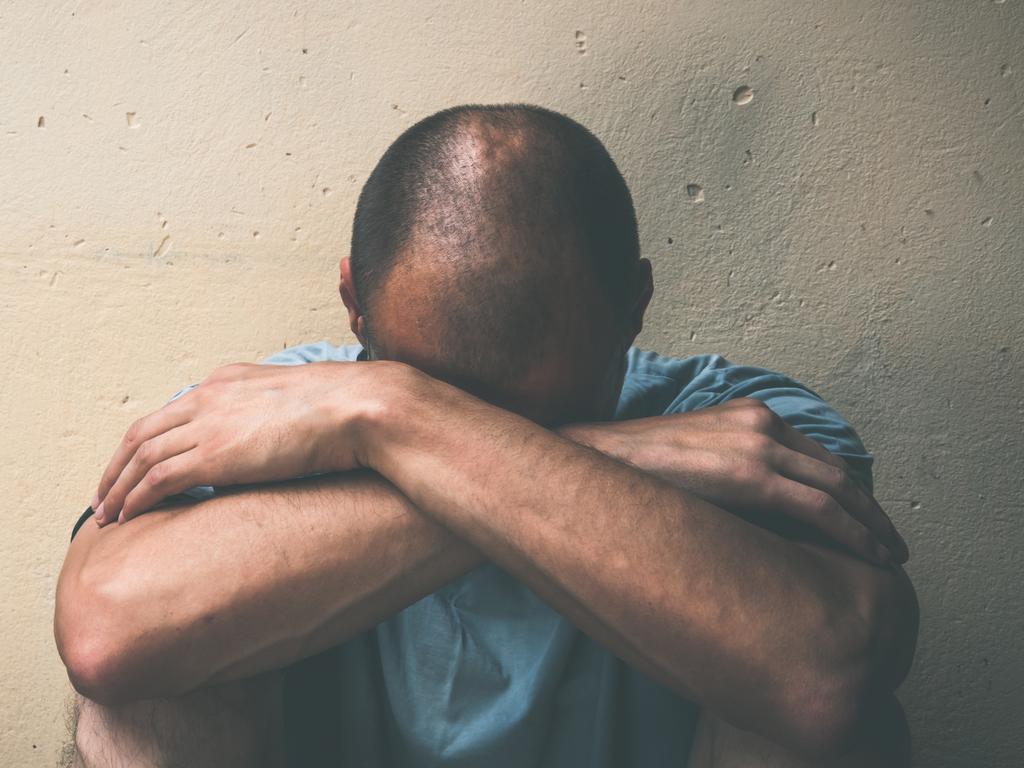Coronavirus Australia: Lifeline text service expanded for young people and indigenous Australians to ask for help
Text-crisis support service expanded to better support mental health of vulnerable young people and indigenous Australians.

Vulnerable young people and indigenous Australians will be targeted for extra mental health support under an expansion of Lifeline’s text-crisis counselling services.
The news came after the suicide prevention service revealed volunteers answered about one call every 30 seconds from Australians who reported that they suffered from loneliness and anxiety on the back of the COVID-19 pandemic.
The crisis text service – trialled in 2017 and an Australian first at the time – has been limited to 80 interventions per day.
As we navigate #iso it's important to remember it's okay not to be okay. There are services available to help everyone. If you need support, please know we're here 24/7 on 13 11 14 or nightly, 6pm - midnight (AEST) via Lifeline Text on 0477 13 11 14. #InThisTogether pic.twitter.com/9qHtkaTZ2l
— Lifeline (@LifelineAust) April 28, 2020
But a funding boost of $500,000 from health insurer nib will mean the service can now offer an additional 10,000 crisis interventions and train 60 new volunteer crisis supporters.
Lifeline volunteer Hamida Parkar said she spoke to children as young as 10-years-old through the crisis text service and said it should be expanded because in her experience, cries for help were “more intense” over text.
“A lot of younger people and people with disability … are a lot more active on text,” Ms Parkar said.
“For them it’s like they are not interacting with anyone else and text is the only way they connect even with their friends,” she said.
“A lot of them are hesitant to contact people in their lives so text is a good way to support themselves.”

Lifeline data showed that more than half of the number of people who seek help from the text service are under 24-years-old and 40 per cent of users reported having a disability.
The data also showed that Aboriginal and Torres Strait Islander people make up 5.5 per cent of text crisis users, but only represent 2.8 per cent of the general population.
Lifeline Australia’s Chairman John Brogden said more than one third of people surveyed by Lifeline suggested they would only consider an SMS service to ask for crisis or mental health support.
“We want every person to have the option to access our services if they need it, through the avenue that’s most comfortable for them,” Mr Brogden said.
“42 per cent of people we surveyed said they would not have sought help in any other way which is
why it’s vitally important that we ensure Lifeline Text is as accessible as possible particularly as our country is going through great change and uncertainty,” he said.
Lifeline will also aim to boost support for people who live in remote and rural communities and have unreliable access to landlines and poor quality internet connection with the expanded text service as well as members of the LGBTIQ+ community.
In March the mental health organisation also received additional funding state and federal governments.
NSW Premier Gladys Berejiklian announced her government would contribute $6 million in late March to increase its capacity amid a surge in calls due to COVID-19.
Scott Morrison also announced a $5 million contribution in March as part of a $1.1 billion mental health package.
Lifeline 13 11 14






To join the conversation, please log in. Don't have an account? Register
Join the conversation, you are commenting as Logout